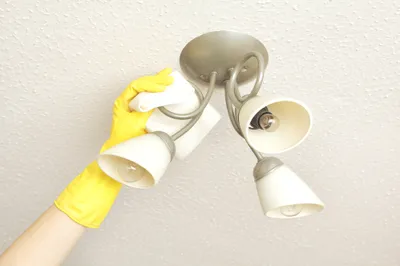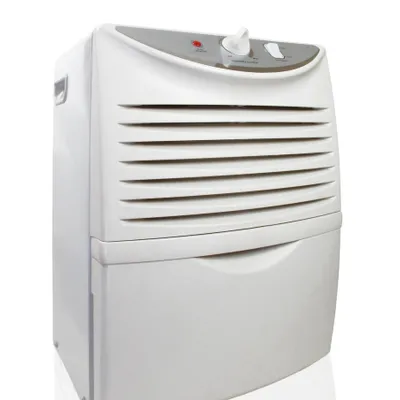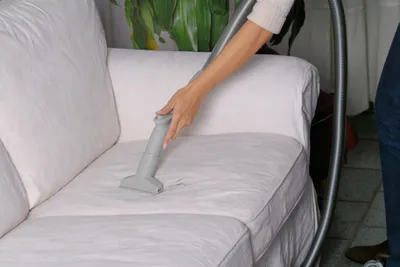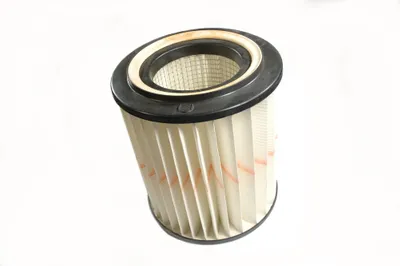Allergy sufferers usually know the moment spring arrives.
How?
Because it’s the same moment their eyes turn red and itchy, and the sneezing, wheezing symptoms of seasonal allergies begin. The American Academy of Allergy, Asthma, & Immunology estimates that roughly 35 million Americans suffer with seasonal allergies. However, you don’t have to suffer in a med-induced silence. You can become proactive by preventing and purging your home of sneaky indoor and seasonal allergens in these 8 ways…
1. Keep Surfaces Dust-Free
As a person who’s extremely sensitive to dust, I recognize the importance of keeping my kitchen table, counter, coffee and side tables free of dust accumulation. I also make sure to wipe away the dust from the cracks and crevices—by that I mean my ceiling fans and vents, baseboards, door jambs, blinds, and air duct vents. I find that when my house is less cluttered; it has less dust bunnies.
2. Keep Bedding Clean and Fresh
One of the most sneaky indoor allergens are pesky dust mites—so microscopic that you don’t see them burrowing into your bedding, pillows, and mattress. However, dust mite exposure is one of the most prevalent asthma triggers. So banish mites by cleaning your bedding and pillows every week in the hot water washer cycle (at least 130-degrees Fahrenheit) and tumble dry on hot. You can also cover your mattress with an anti-allergen cover to ward off dust mites.
3. Keep Humidity Under Control
As well as dry, dusty areas—wet, moist areas draw the risk of mold allergens into your home sweet home. To prevent mold from forming, look to damp areas of your home, such as your bathroom and basement. Plugging in a dehumidifier has been known to dry out damp basements, and get mold under control.
4. Banish Pet Hair and Dander
Pet dander may be elevated in certain parts of your home after a long winter spent indoors. If you have pet allergies, vacuum your pet’s sleeping quarters well, wash your pet and pet’s bedding frequently, and speak to your vet about a well-balanced diet for your animal, because a healthy pet may shed less dander.
5. Regularly Vacuum Drapes, Carpets and Upholstery
Another sneaky place where pollen and allergens can cling is to your drapes, carpets and upholstery. That’s why a regular washing, vacuuming, and steam or dry-cleaning can strip drapes and sofa surfaces from lingering sneeze alerts.
6. Prevent Chemical Sensitivities
Most individuals who suffer from allergies tend to be sensitive towards cleaning chemicals, especially those with fragrance. That’s why I opt for fragrance-free or green cleaning products that contain all natural ingredients. I’ve also been known to whip up my own natural surface and floor cleaner by mixing a few teaspoons of borax powder and half cup of distilled vinegar into a half a gallon of water.
7. Suck Up Allergens With a HEPA Filter
Any old vacuum won’t do if you’re expecting to cut down on spring allergens. For instance, sucking up plant pollen, dust mites, and pet dander takes some serious suckage. That’s why I enlist a vacuum with a HEPA filter to suck up lingering allergens in my home.
8. Don’t Welcome Allergens Into Your Home
It’s hard to resist going outside at the first sign of spring. However, don’t invite spring allergens you’re your home by wearing your outdoor shoes inside and opening doors and windows wide—especially on days when the pollen count is high. And watch Fido too. He may be tracking in all sorts of pollen and danger. I leave a damp towel at the door to clean off my dog’s coat and feet before he enters our home.











